Be Prepared for Snow Emergencies
Snow could fall at any time as we move deeper into the fall/winter season. Therefore, we want to remind residents




62512 270th Street, Nevada, Iowa
515-382-2621
When you use your washing machine, wash your dishes or flush your toilet, the City of Nevada’s Wastewater Department is responsible for treating the wastewater. Two wastewater operators and a wastewater superintendent in the City’s wastewater department maintain the infrastructure related to sanitary sewage.
Wastewater services provided by the City are essential for maintaining the quality of life residents expect.
Sanitary sewer systems improve quality of life by providing a mechanism to remove waste generated by the community. Removing wastewater in the proper way improves the health and overall appearance of the community. The City of Nevada has approximately 160,000 feet of publicly owned sanitary sewer, which the Public Works Department, including wastewater, is responsible for maintaining. Tasks completed by these departments include cleaning sewer mains, Closed Circuit Television (CCTV) inspections of the sanitary sewer system, inspecting manholes, repairing manholes, maintaining pumps, repairing damaged sewer main, and various other duties.
Construction of a new Wastewater Treatment Facility, completed in 2025, was necessary to perform nutrient removal, specifically Enhanced Biological Phosphorus Removal (EBPR) and handle flow/loading spikes. The WWTF is located approximately 3.5 miles south of Nevada. The new plant replaced the older facility located on South Sixth Street just north of Highway 30.
If you have an issue after hours with your sewer line and you believe it could be from the City’s main, please call 515-382-4305.
Call the Street Department at 515-382-4813 during regular business hours. Call the Police Department at 515-382-4305 after hours and holidays.
A maintenance crew will be notified of the problem and will determine if the stoppage is in the city main or your service line. If the city main is found to be clear, it is the responsibility of the property owner to call a plumber or sewer/drain cleaning service to correct the problem. The property owner is responsible for maintaining adequate flow to and through the sewer lateral from the property structure into the city sewer main. If the blockage is in the city main, we will fix it promptly and keep you informed about what is being done.
IMPORTANT: Check your homeowner’s insurance policy to see if you have coverage for backups. If you do not have coverage, consider adding it to your policy. In most cases the City’s insurance will not cover your damages in the event of a backup.
A sewer backup can lead to disease, destruction of your valuables, and damage to your home and/or electrical malfunctions. Prompt cleanup of affected property can help minimize the inconvenience and damage. We offer the following tips for dealing with this situation:
The property owner’s sewer extends from the interior plumbing of the building to where the pipe connects to the public sewer main, most frequently located in the center of the street or alley. The sewer main is the city’s responsibility.
Basement floor drains that have dried up will allow sewer gas to enter the home. These drains need to be checked and refilled with water. Pour a quart or two of water in these drains every week to keep them filled. Adding a tablespoon or two of vegetable oil or mineral oil to the water in the drain will slow down the evaporation of the water in the drain trap.
This condition can be the result of preventative sewer maintenance activities. Sewer mains are cleaned from the inside of the pipe by using high-pressure water. Occasionally this can cause a surge in the service line.
Around 1 million gallons per day under normal conditions. Flows increase during heavy rains and periods of wet weather.
After an Aerobic Digestion process, liquid bio-solids are hauled and applied to farm ground and used as a soil amendment for the nutrient content.
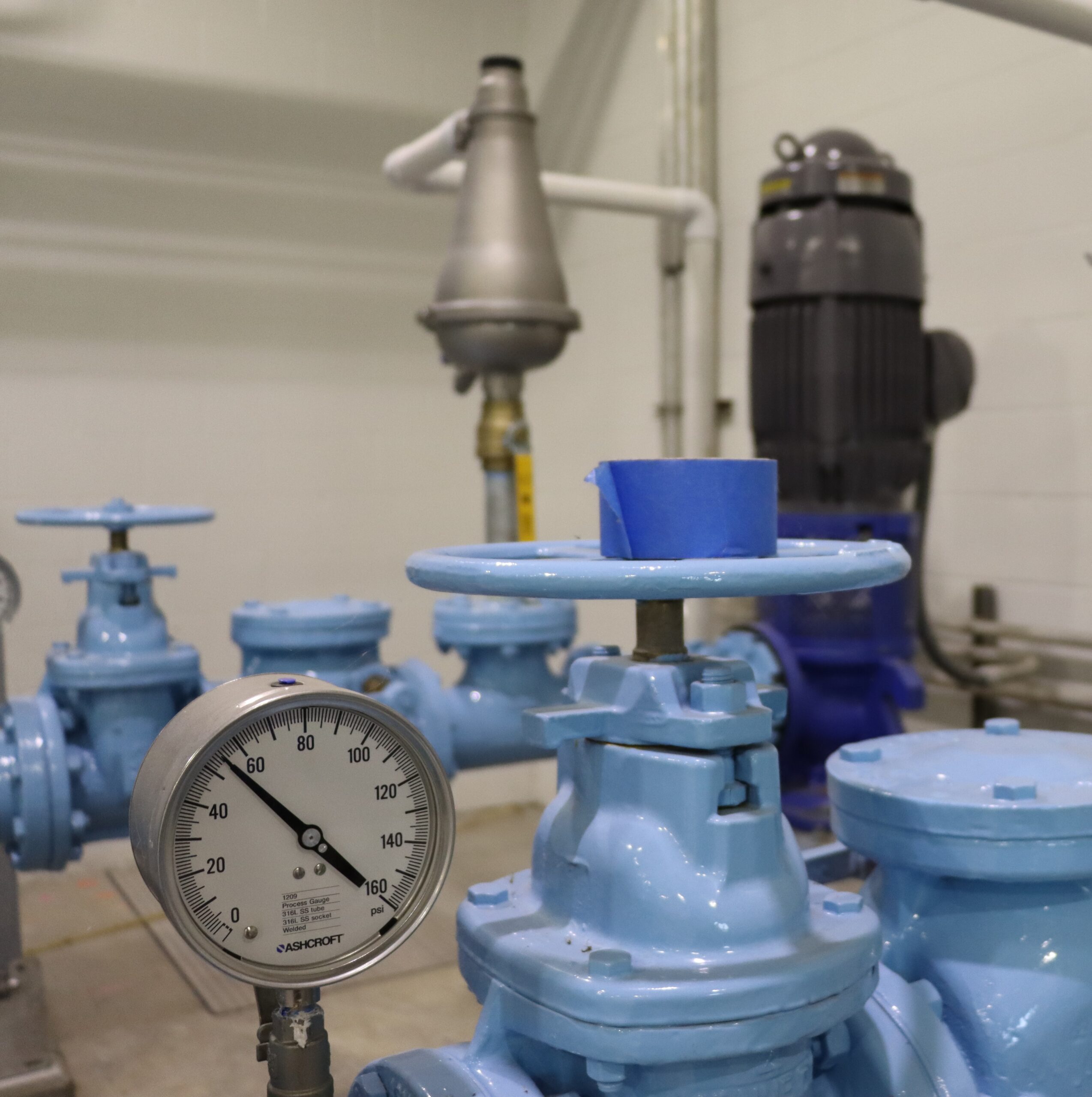
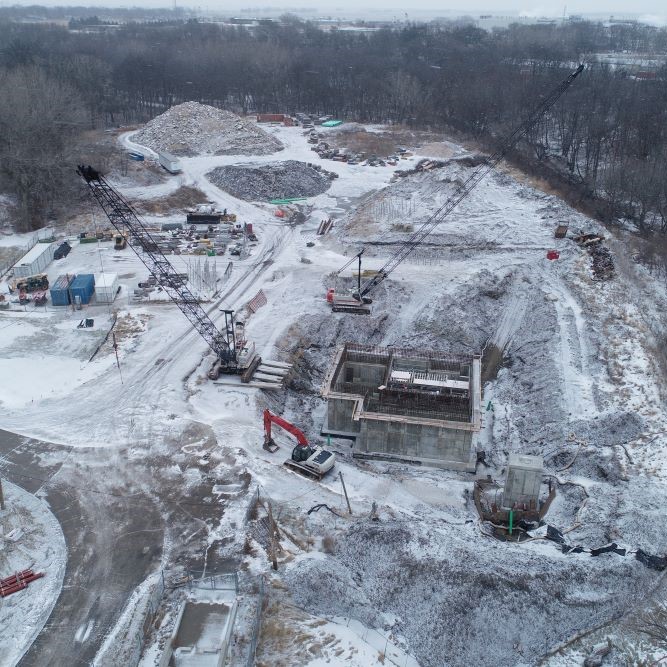
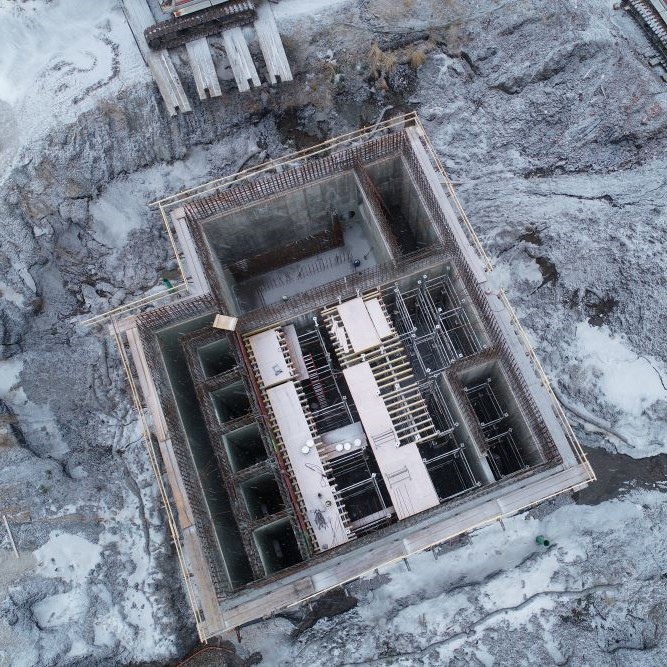
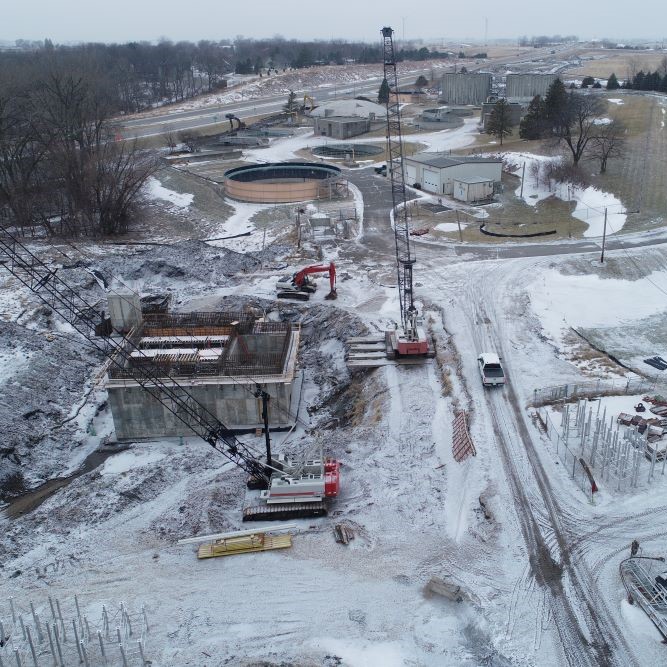
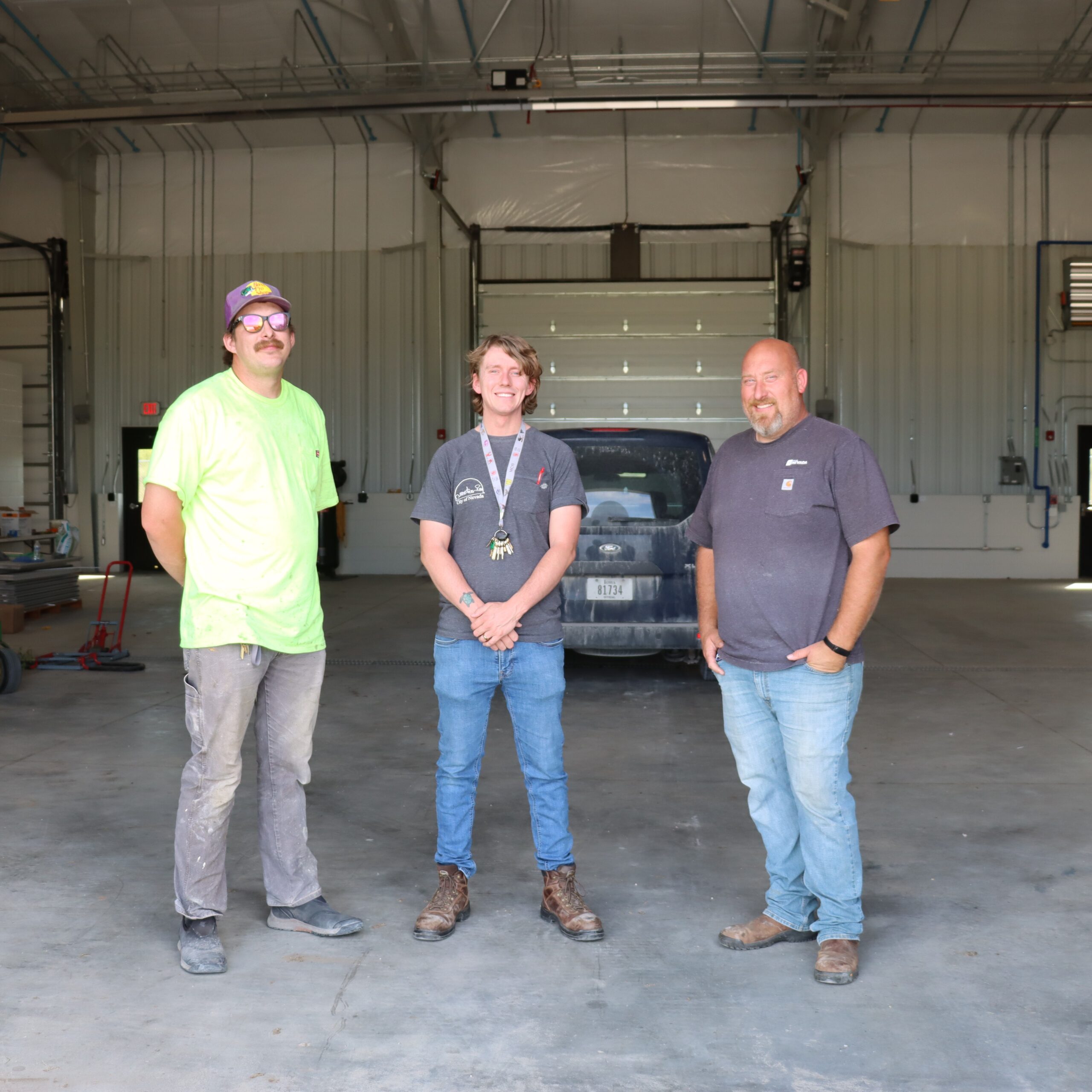
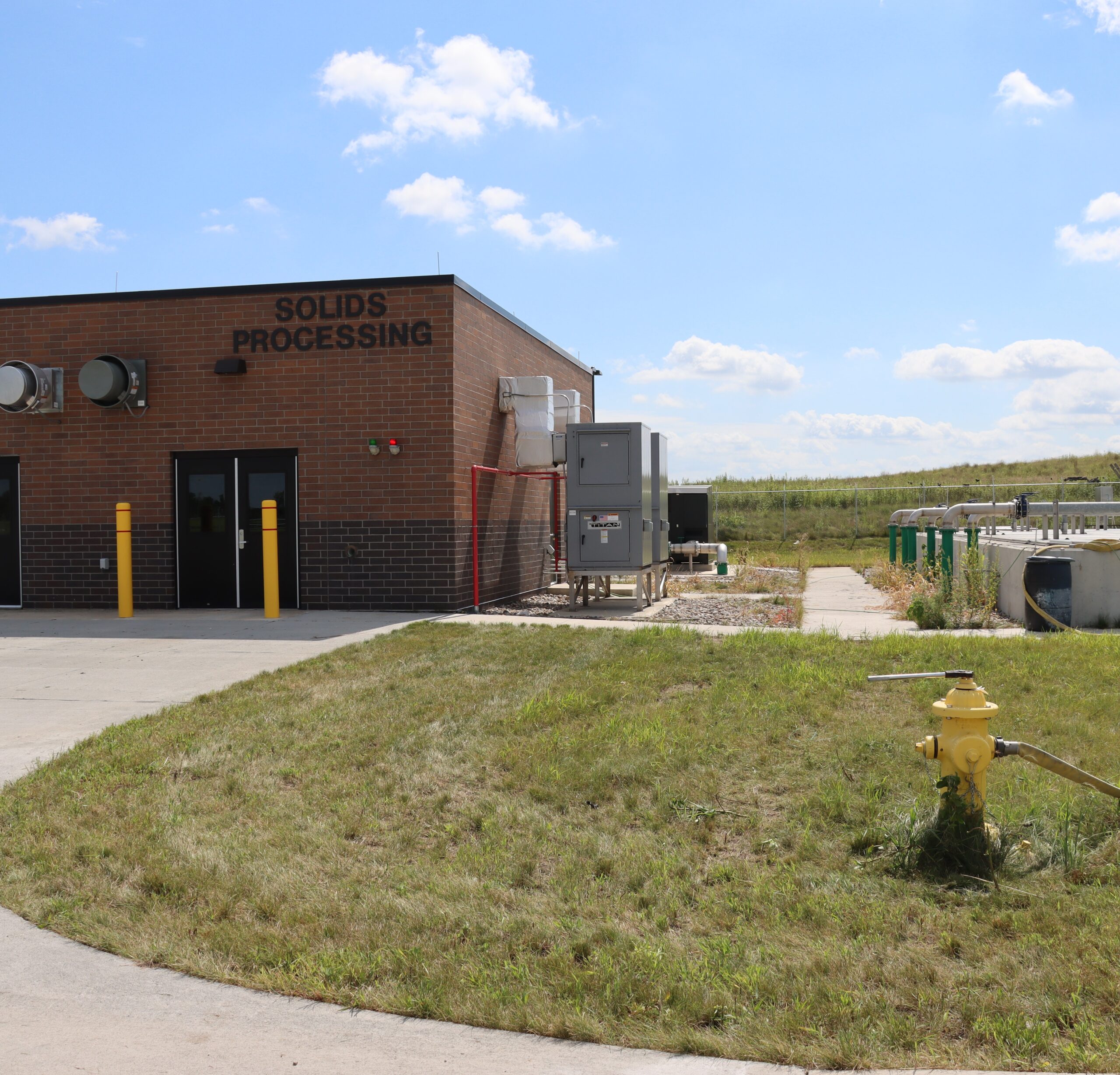
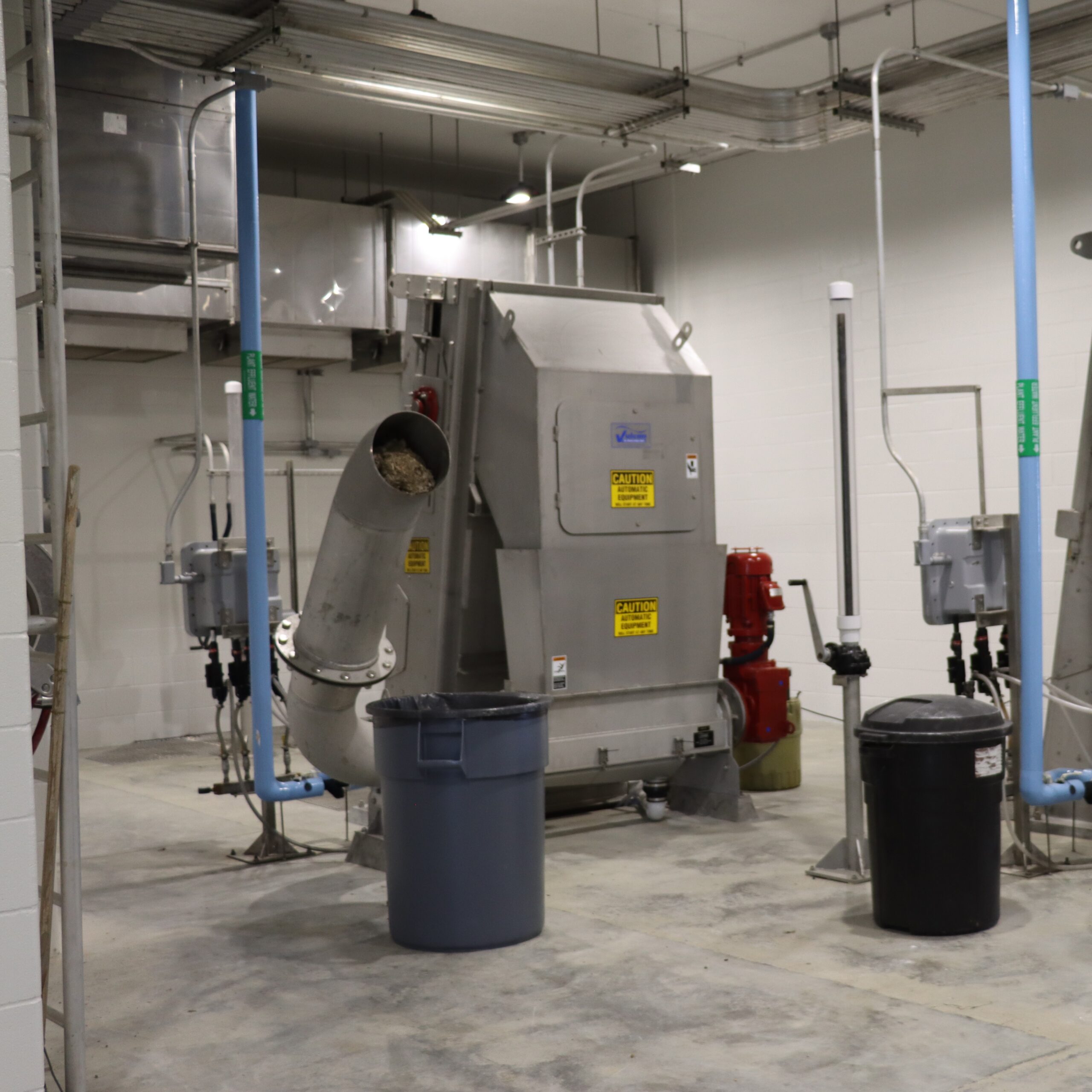
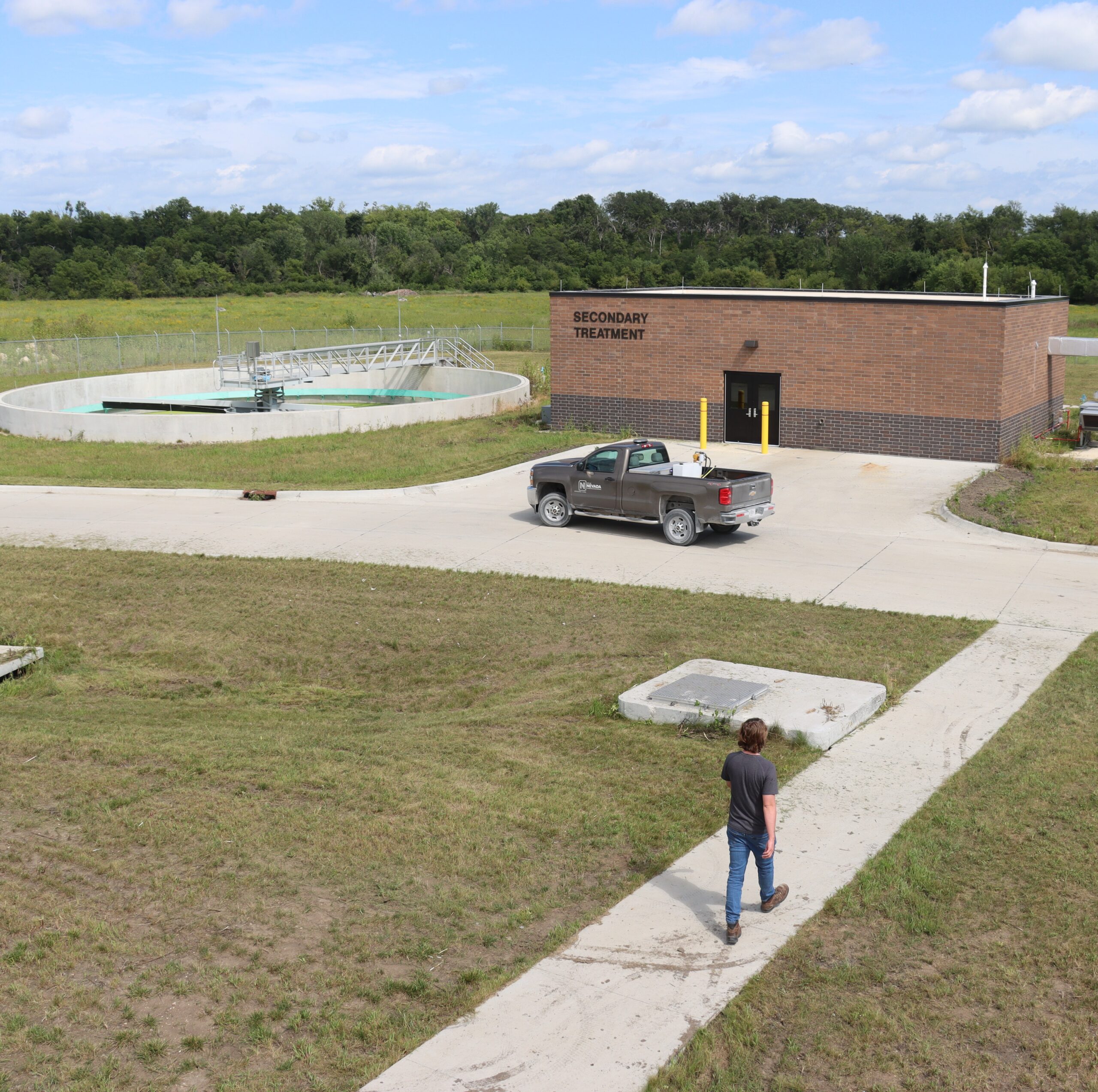
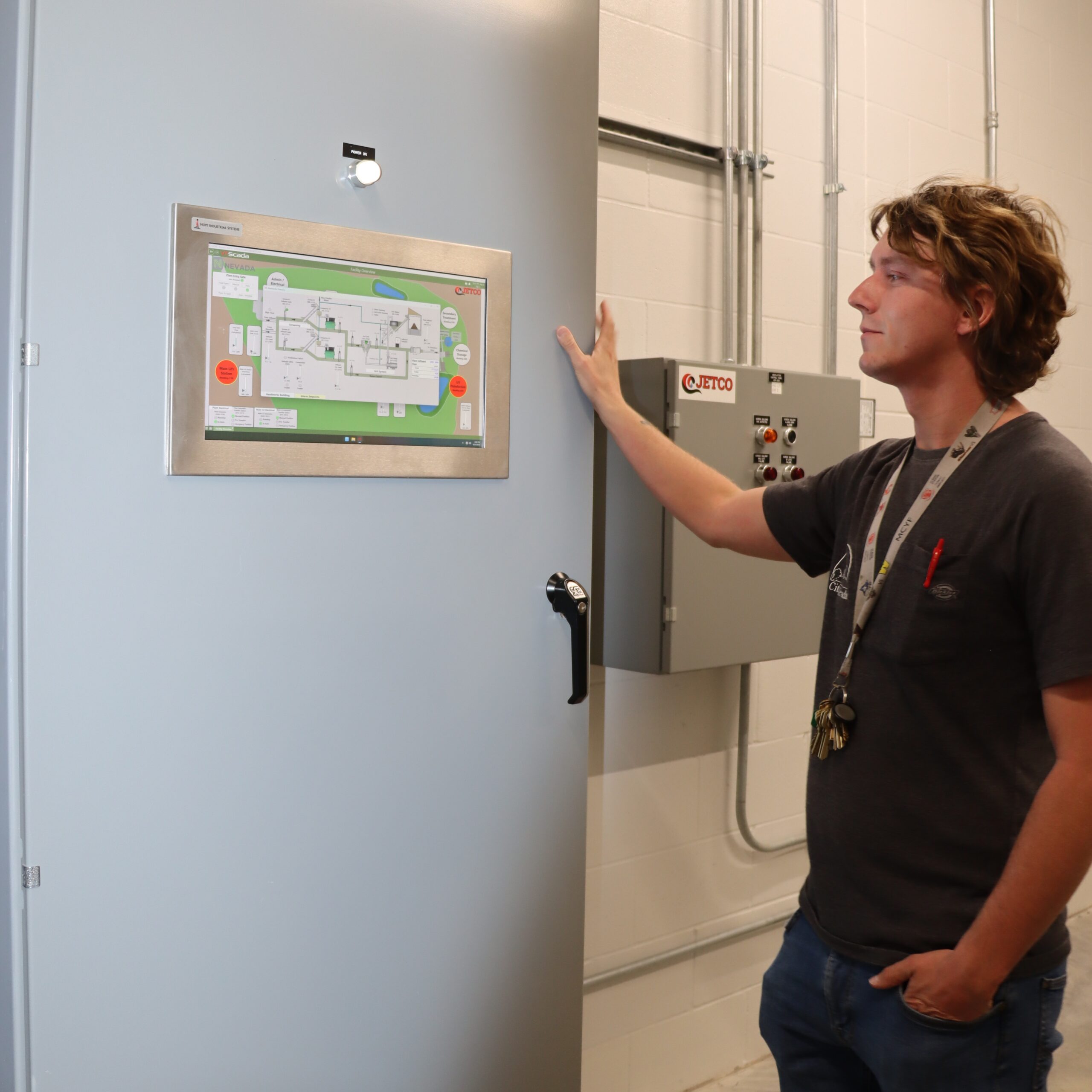
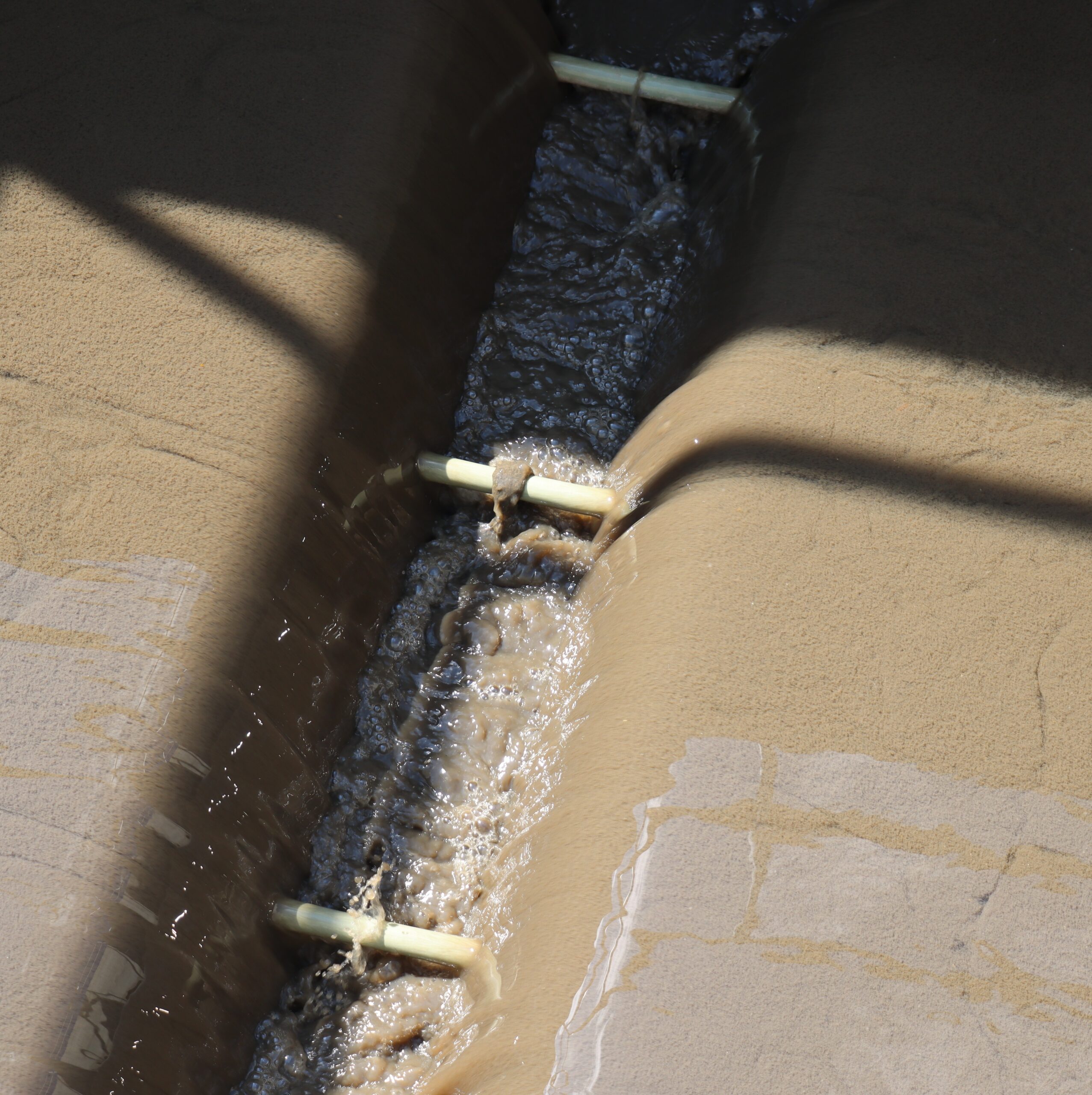
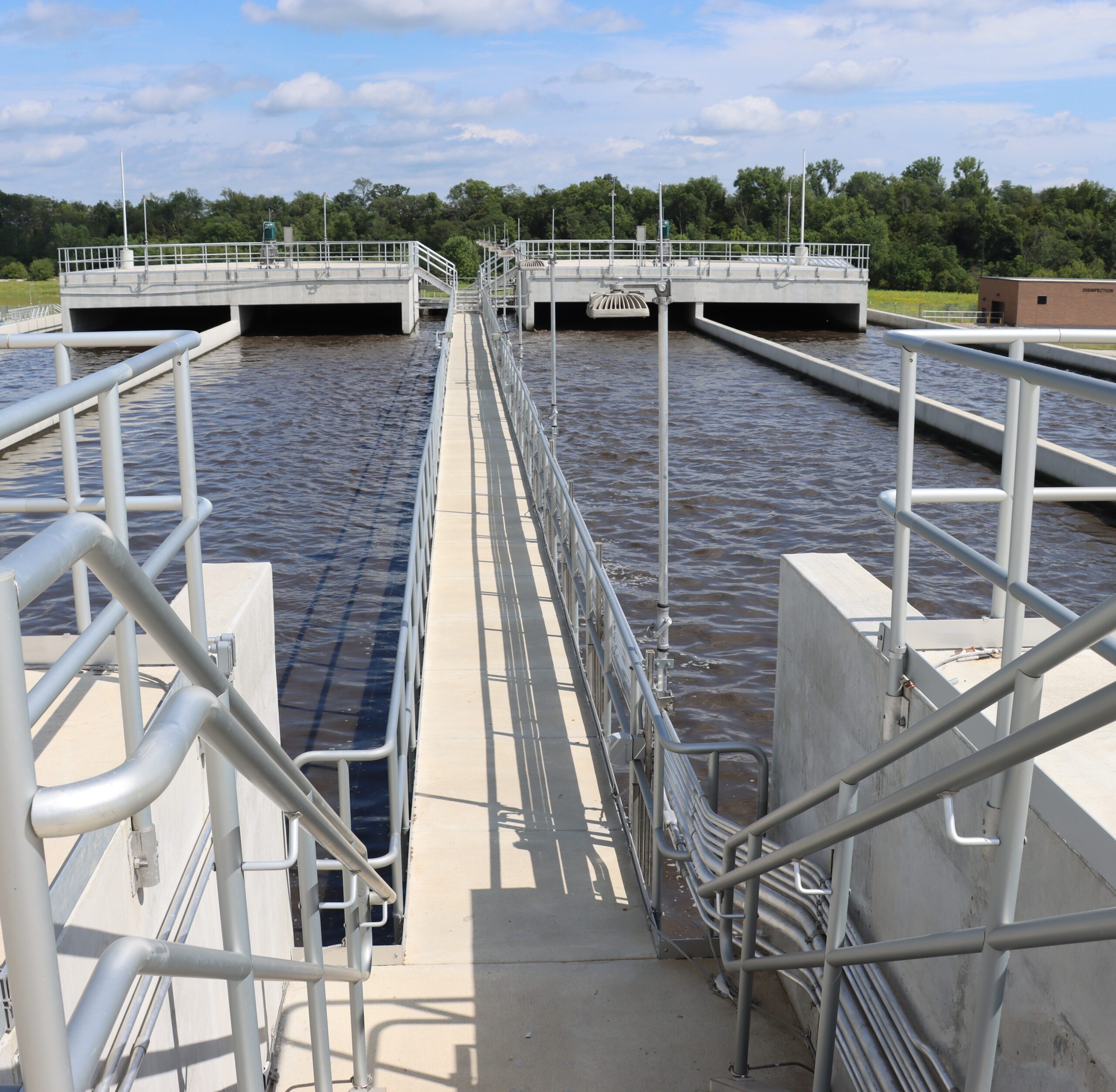
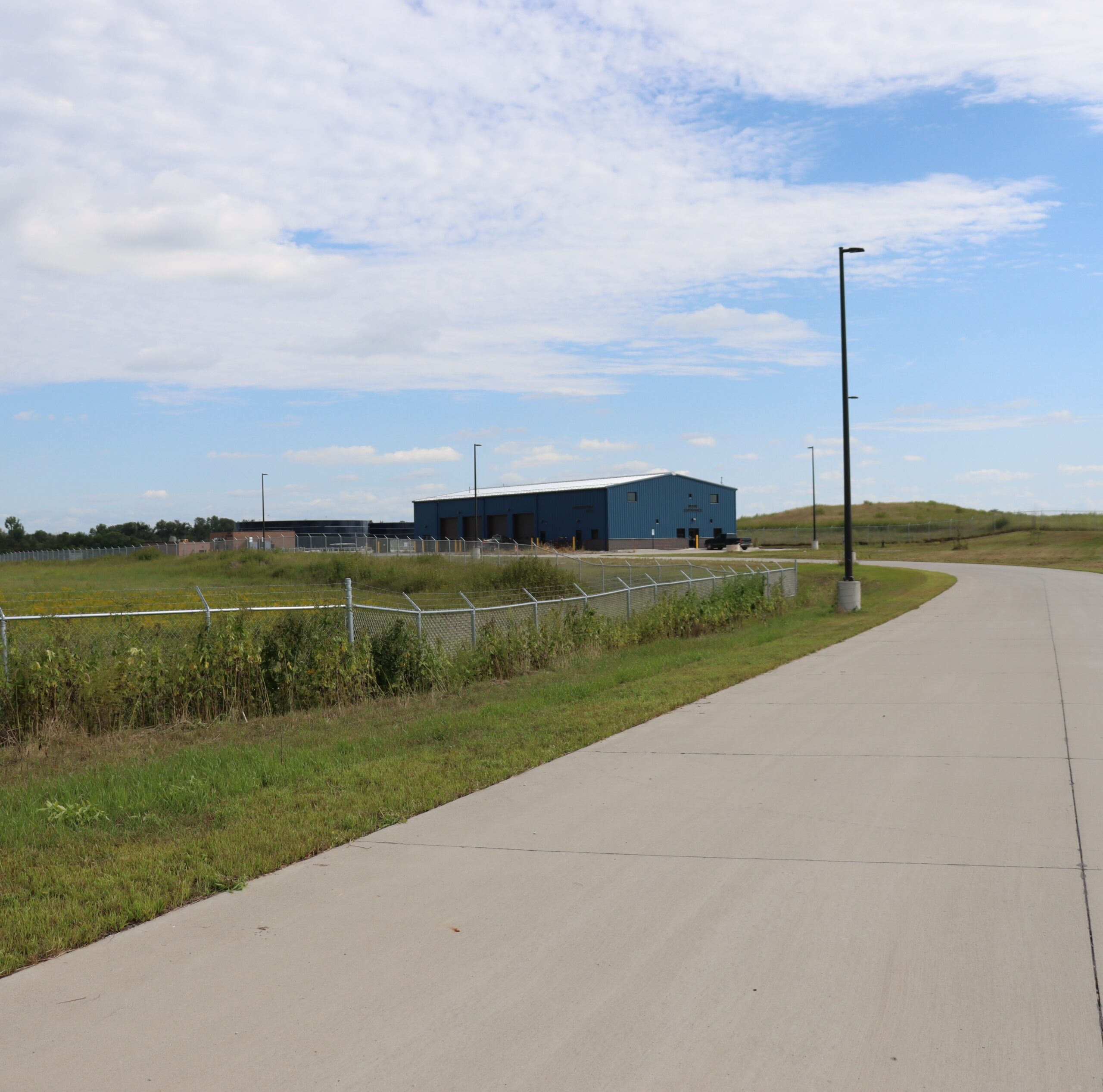
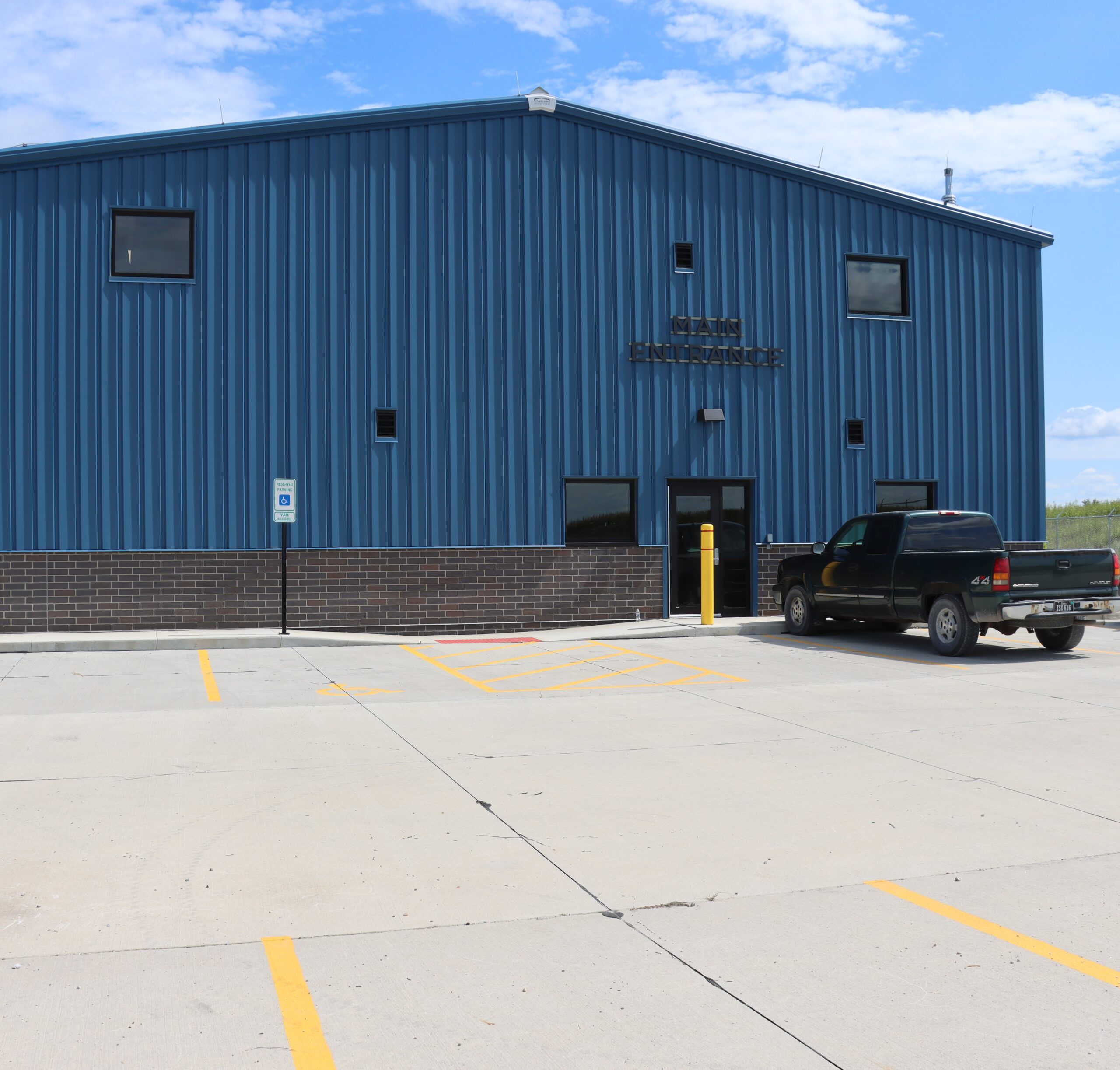
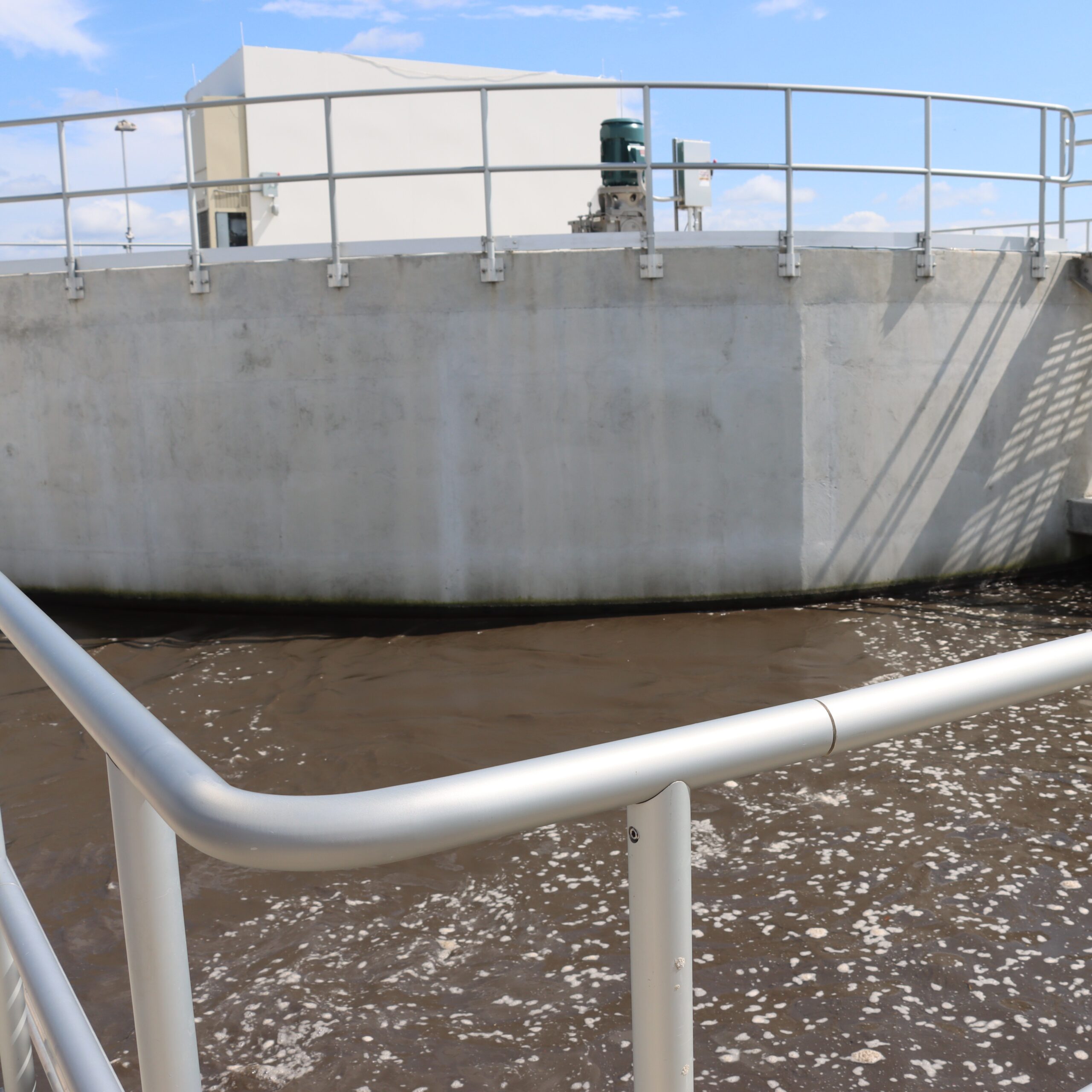
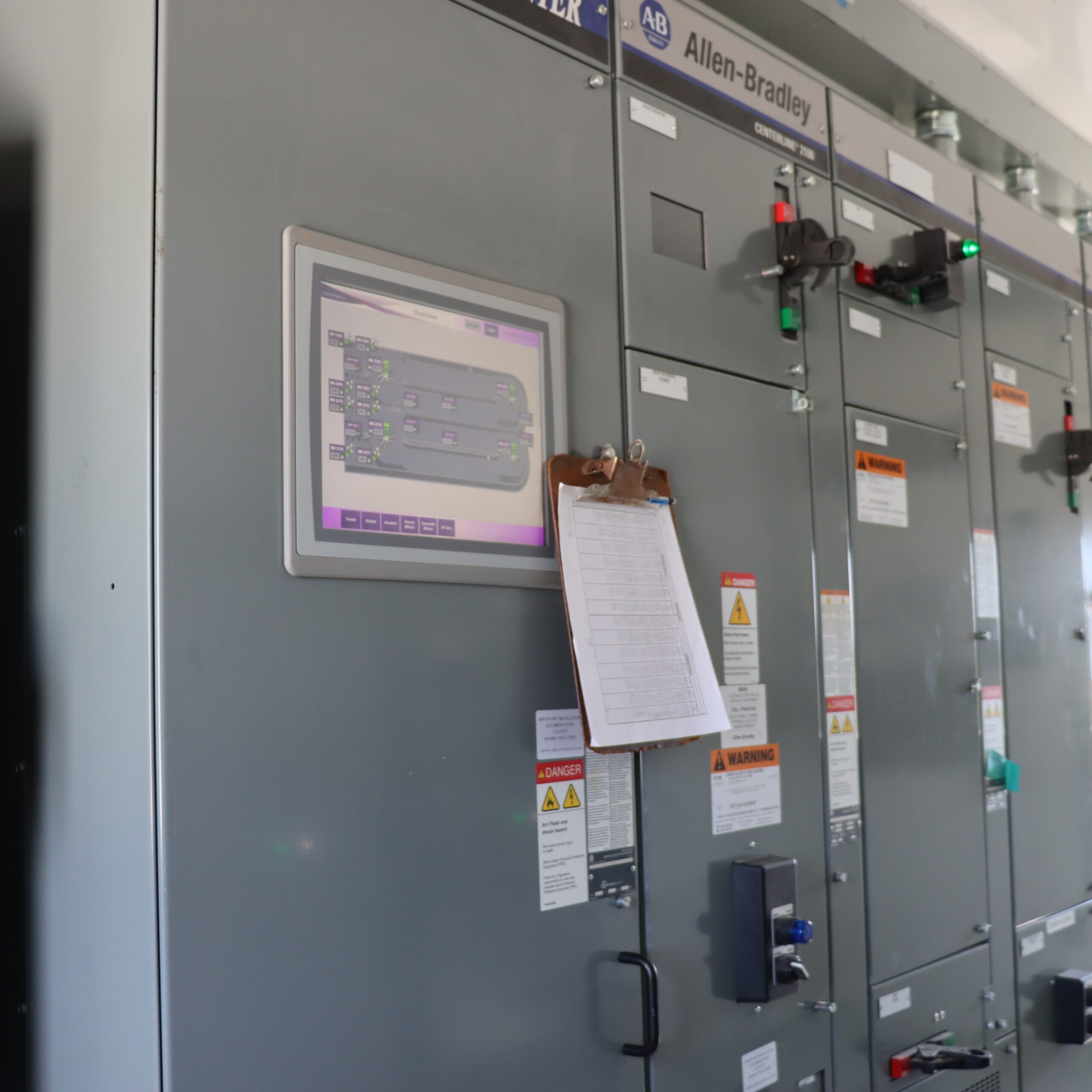
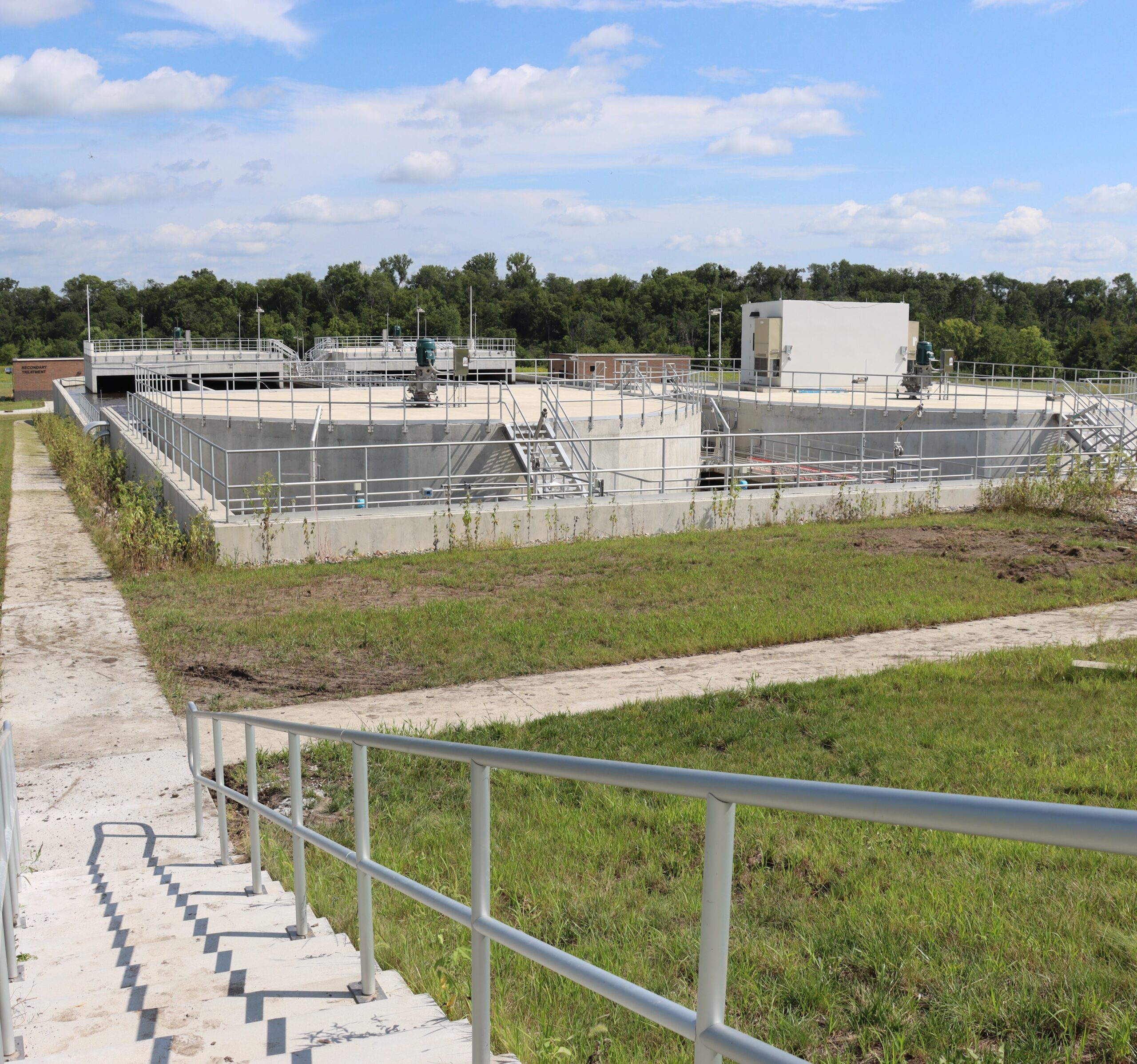
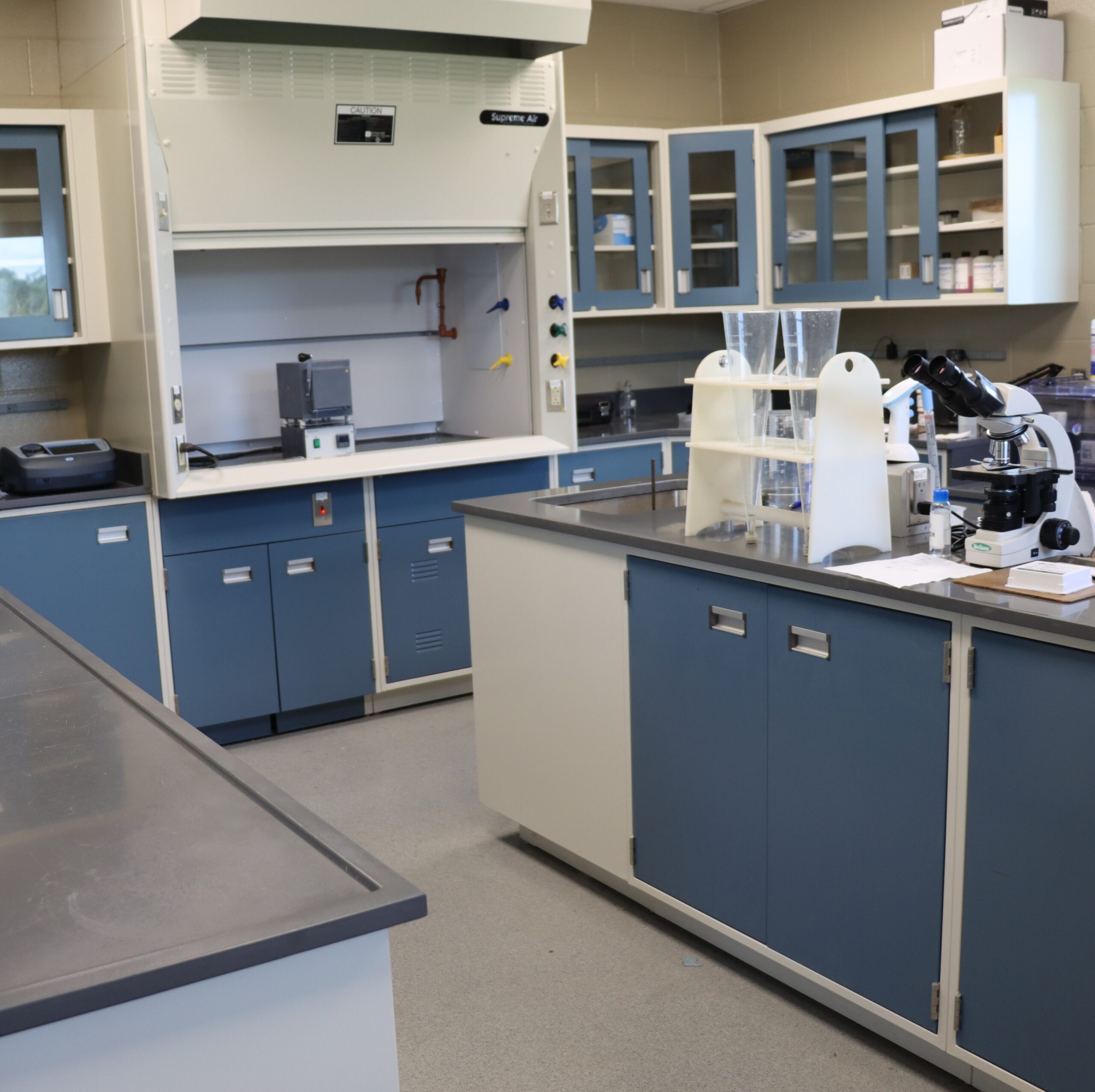
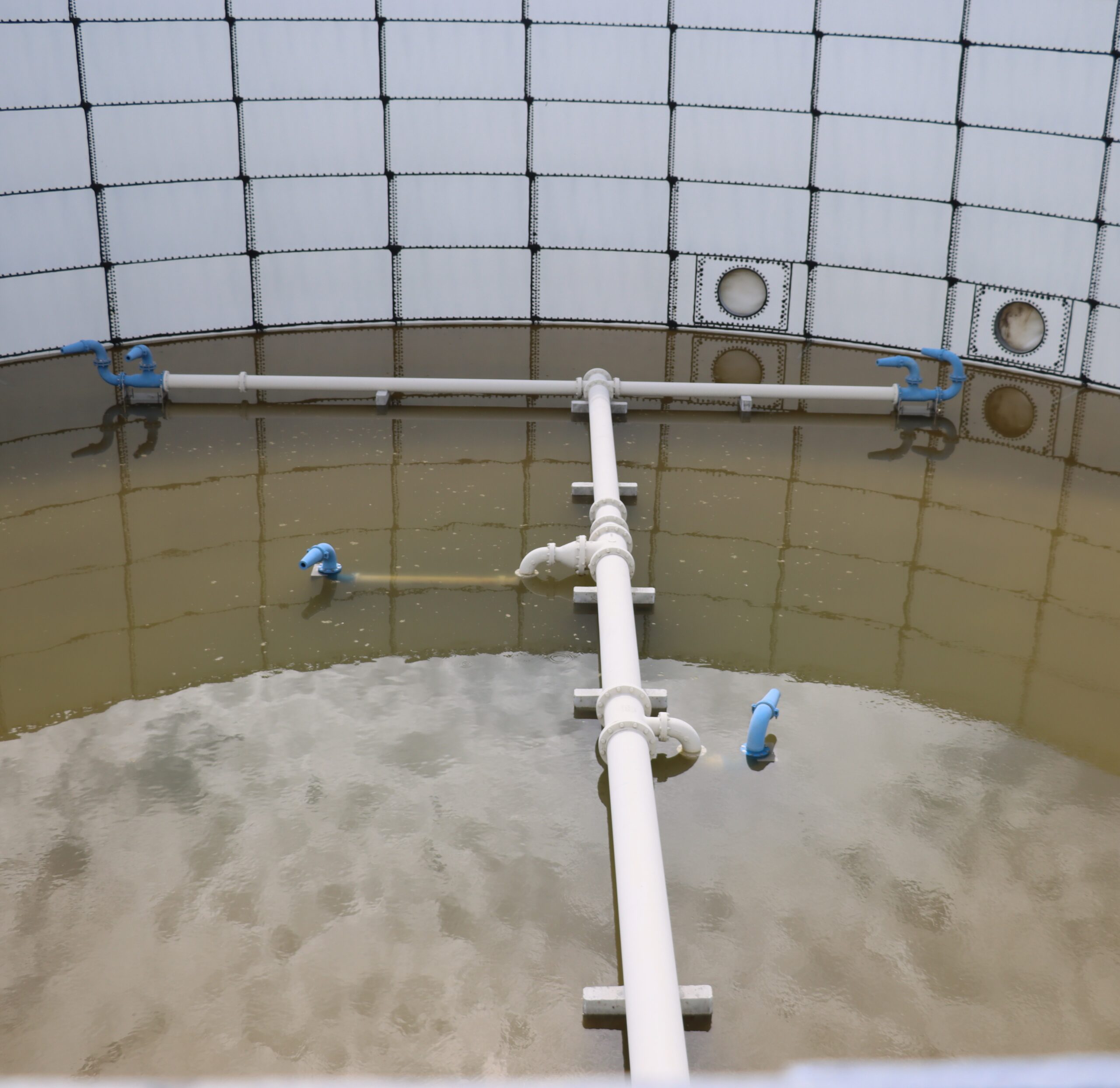
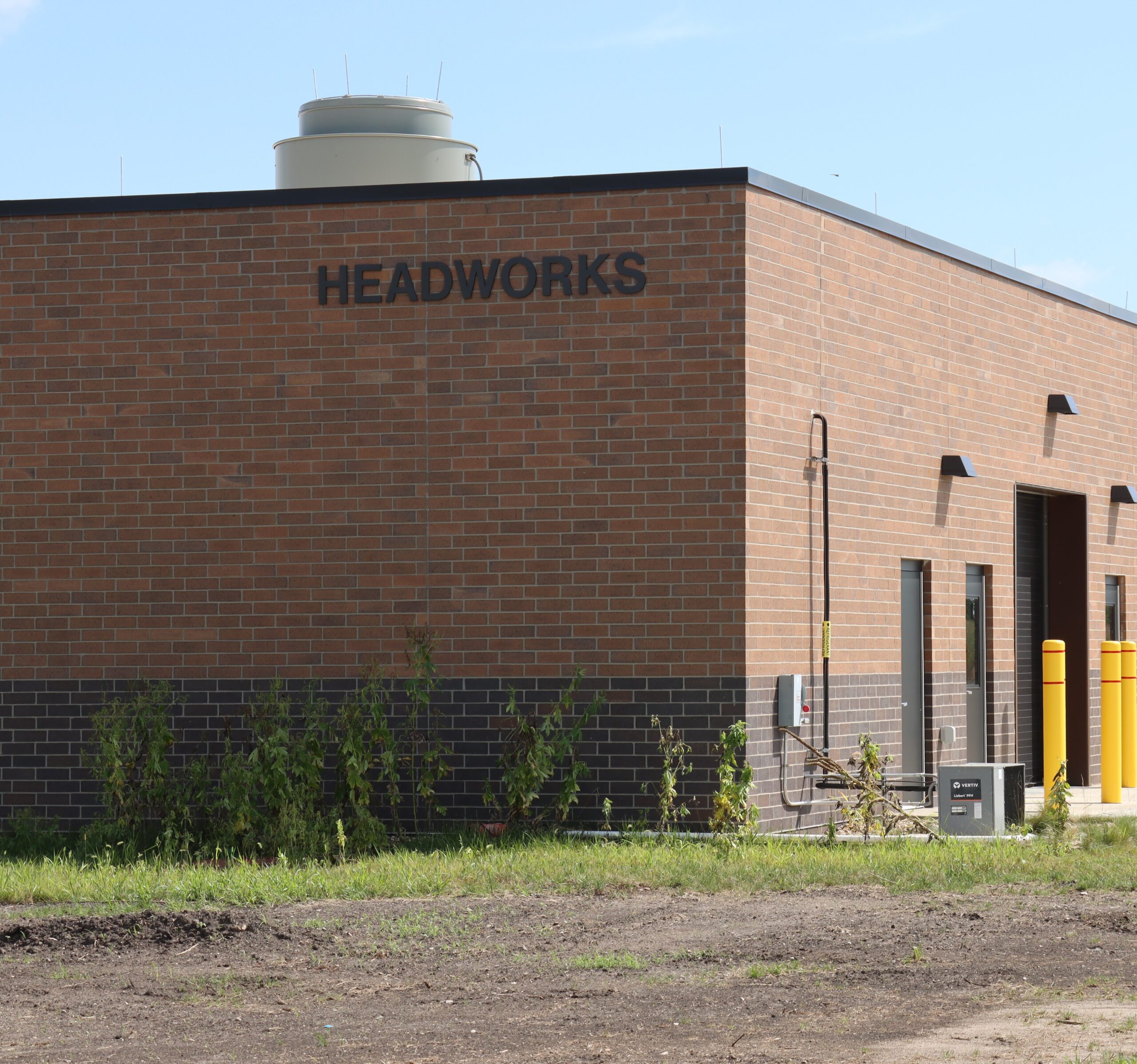
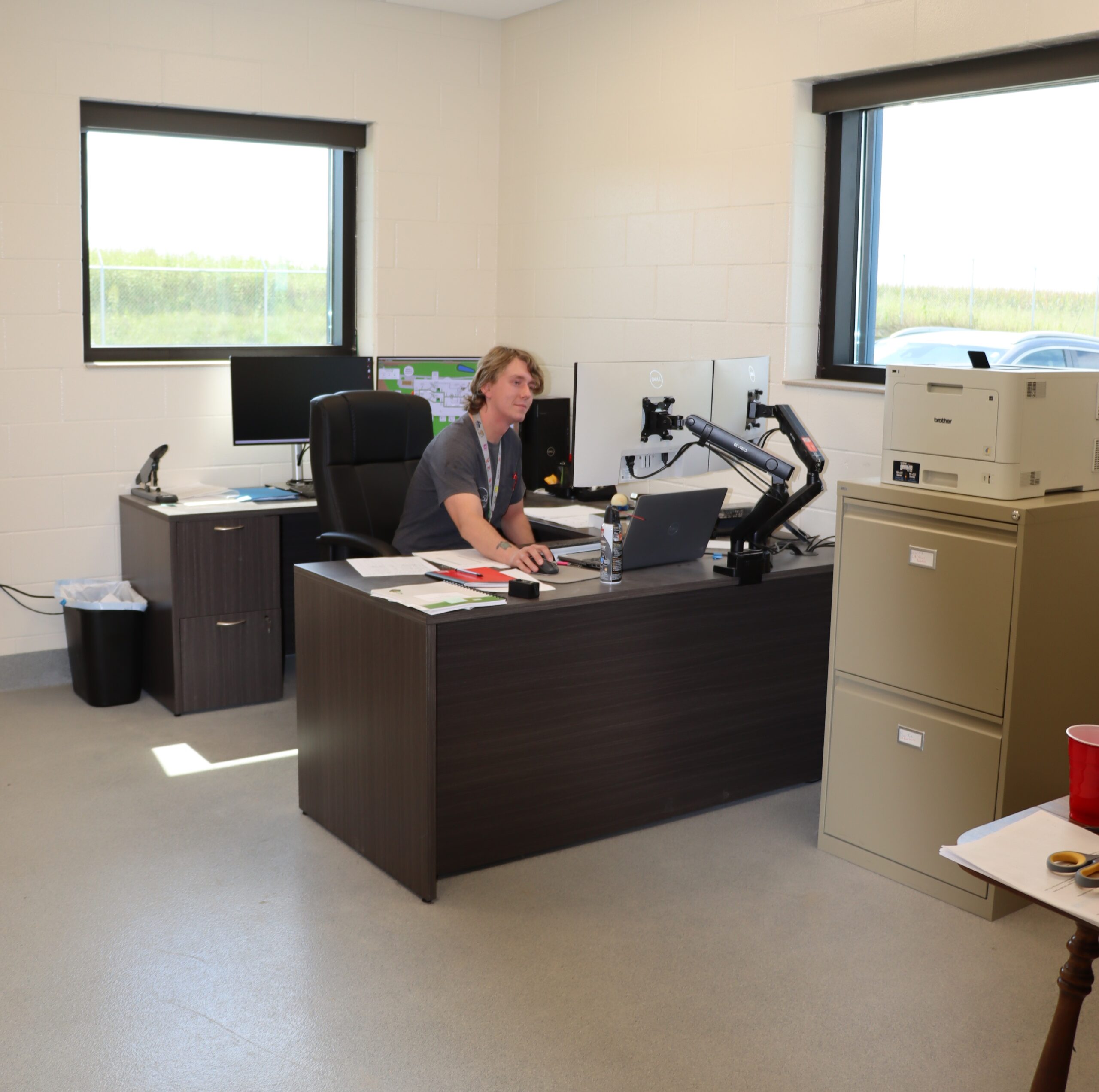
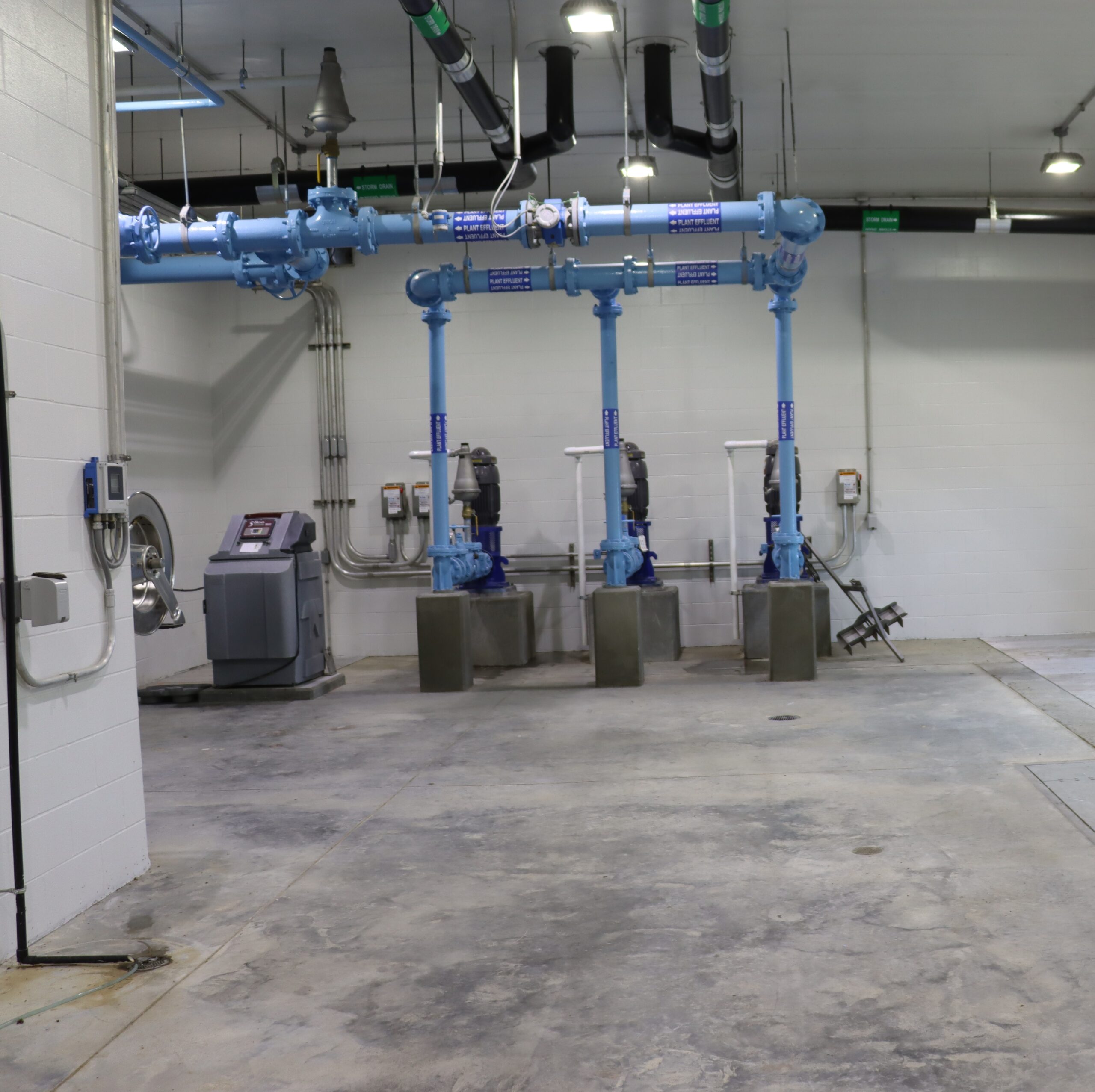

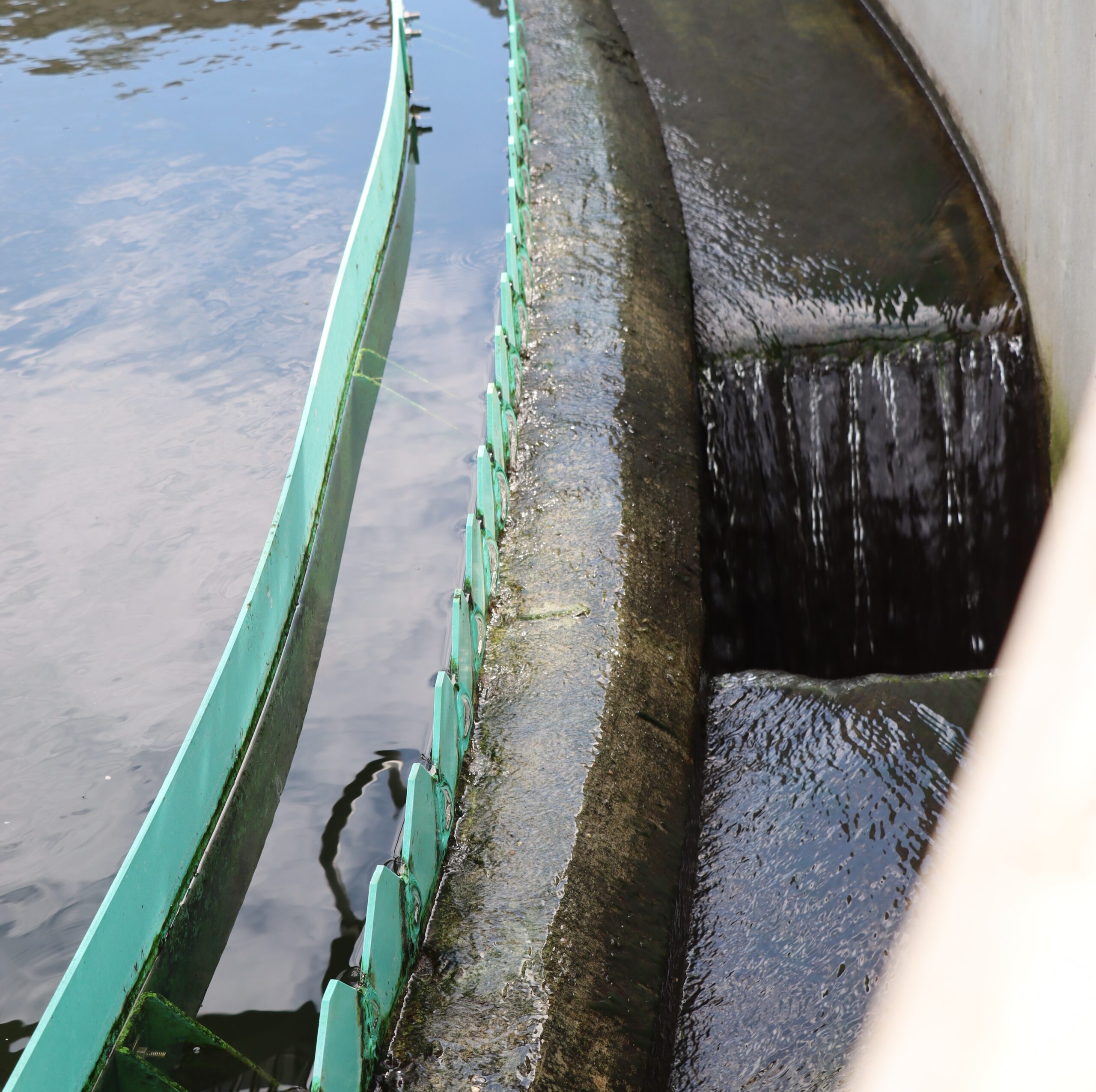
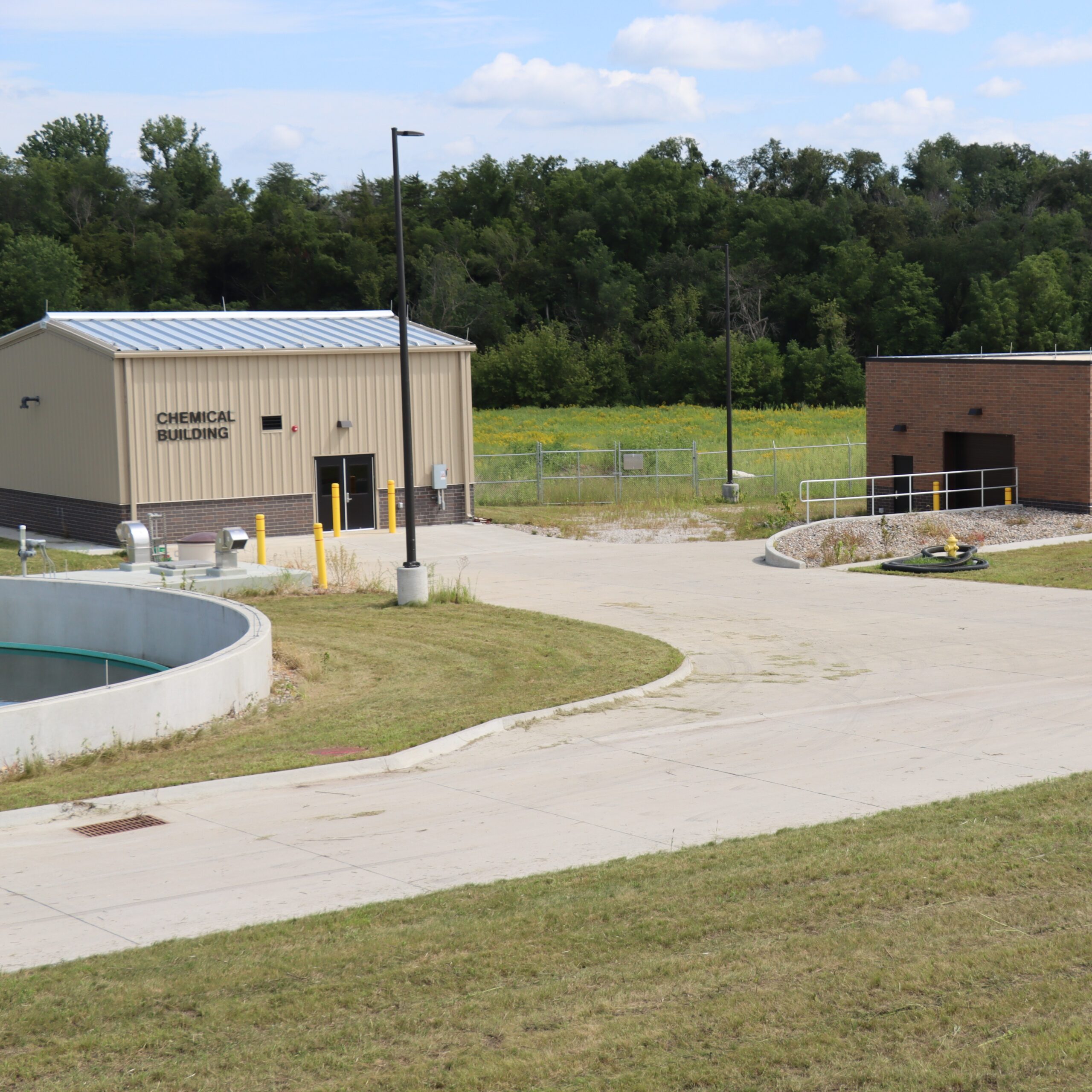
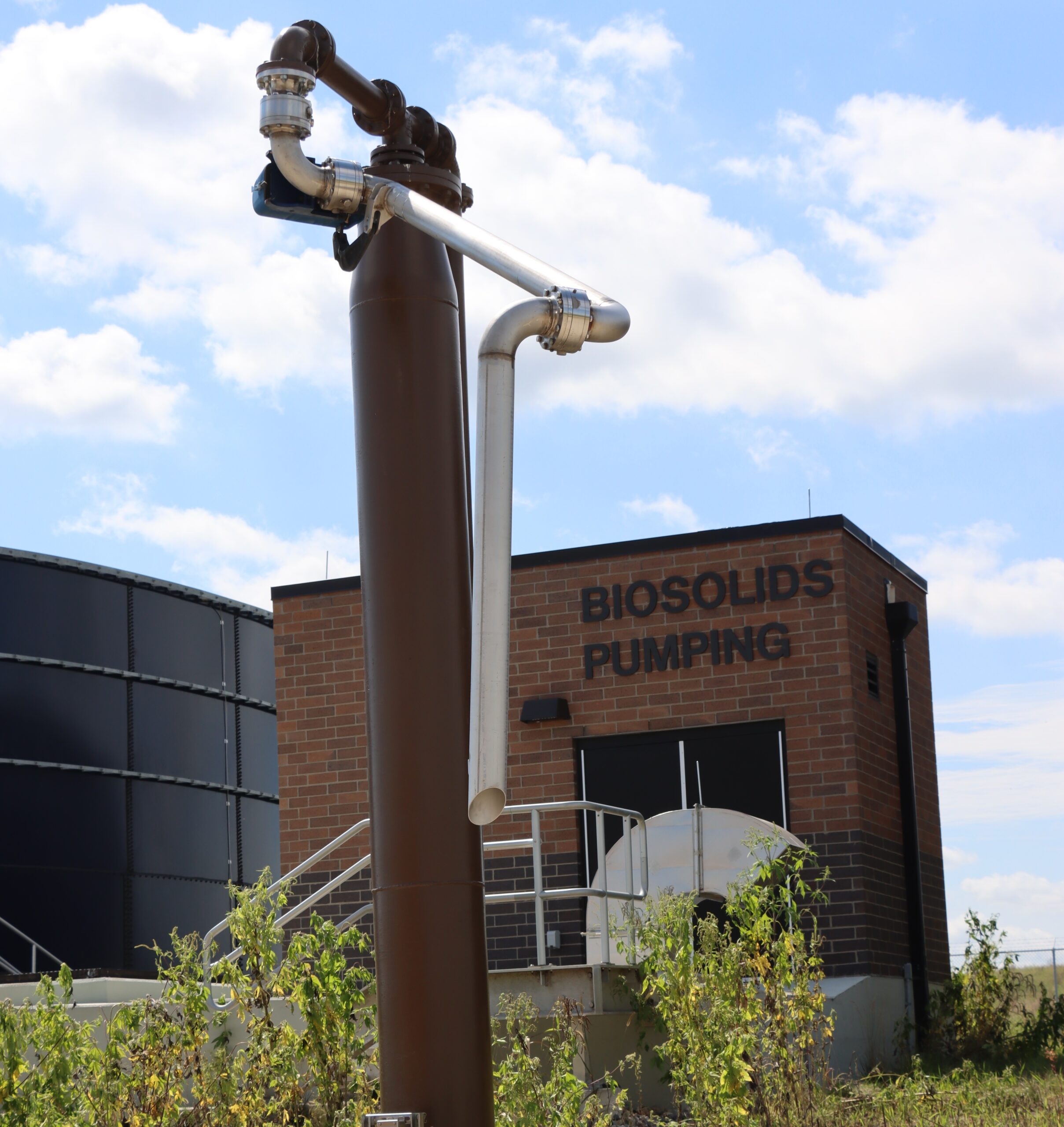


Be Prepared for Snow Emergencies
Snow could fall at any time as we move deeper into the fall/winter season. Therefore, we want to remind residents